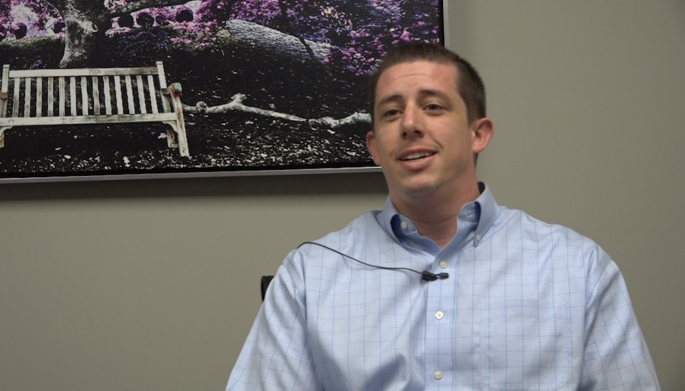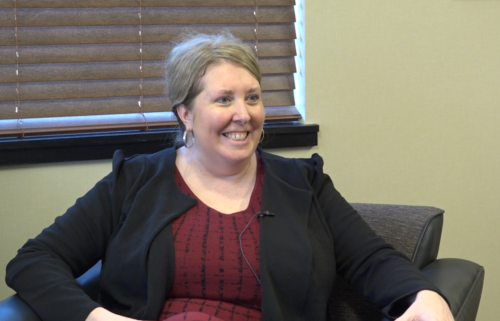Financial literacy comes in handy for taxes, managing money

By Jazmine Knight
Understanding finances isn’t an easy task for everyone, but taking the time to learn the basics can be a big help when it comes to tax season and beyond.
April recognizes Financial Literacy Month. Financial literacy refers to the understanding of financial components such as budgeting, investing, taxes, credit and more.
Having a strong understanding of finances can take you far. According to Jaymon Meikle, a wealth advisor at Gertsema Wealth Advisors, it can help you “avoid a lot of potholes when it come to your finances”
Though financial literacy is important for everyone, it’s especially important for young people.
“One thing … when it comes to finances is that time really plays on your side. And so when you have a better understanding earlier on, you get to use that time to your advantage,” Meikle said.
Mallory Walker, a freshman psychology major at Missouri Western State University, said she wishes there were more financial literacy classes taught at the high school and college level.
“I kind of have a problem saving money, especially as a college student, but I think it would be good, kind of like a course in a way, for students — high school, college, doesn’t matter,” Walker said. “I feel like there should be, like, a small course on how to financially save, have a plan on how to spend your money.”
Walker also wants to see lessons on taxes incorporated into the curriculum.
“If anyone else (is) like me, then they’ll also not know much, like how to do your taxes or what goes into doing your taxes,” Walker said.
Even though taxes were taught in her personal finance class in high school, she said it wasn’t taught very well. Consequently, she still faced a lot of questions.
“How to pay off your college debt if you have any. How to get a loan, how to pay off that loan, stuff like that,” Walker said.
But it’s not just a school issue. Walker said she believes parents also have a responsibility to teach financial literacy to their children, starting as early as the young teenage years.
“Minimum wage jobs aren’t, like, helping when trying to buy a house or trying to be financially stable,” she said. “Just so the future people, like kids who are going through school, can also have the knowledge and be more prepared than we were.”
Meikle said the two biggest concerns he sees within his clients are regarding taxes and debt. However, both can be a bit easier when you understand the basics.
“(We) have a lot of people going to school, getting degrees and trying to start careers. But then they’re tacking on all this debt because they don’t have a full understanding of how it works and the implications that it can have,” Meikle said.
When it comes to taxes, he said there are certain things everyone can do to lower their lifetime tax bill, but it starts with that basic understanding.
“If people can learn how to just read a standard tax return, that will help them out a ton and just be able to understand how the taxes work,” he said. “So especially with the different tax codes that we have right now, we have some of the lowest tax rates.”
Another area to improve upon for many would be savings. Meikle suggests a strategy where you pay yourself first.
“Savings and how that works for you and the different ways that you can save can make a vast amount of difference when you get to be in your forties and fifties,” he said.
Meikle said that even a quick online search can help.
“Honestly, just search it up. When I was getting into this industry, I mean, I had kind of jumped in and there were a lot of times where I, even myself, I was Googling different terms,” he said.
Meikle said the website investopedia.com is a good resource, as it has a wide range of information, from the simplest thing to those complex topics.
“You can look up very detailed topics or you can even just go there to understand what’s the difference between a stock and a bond,” he said.



